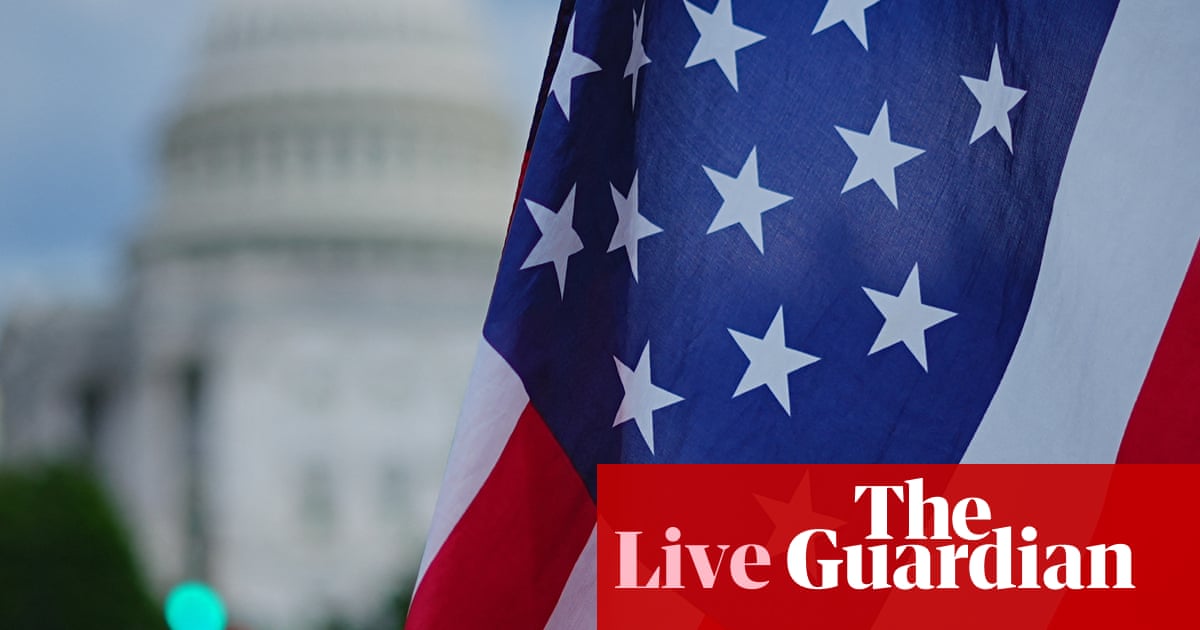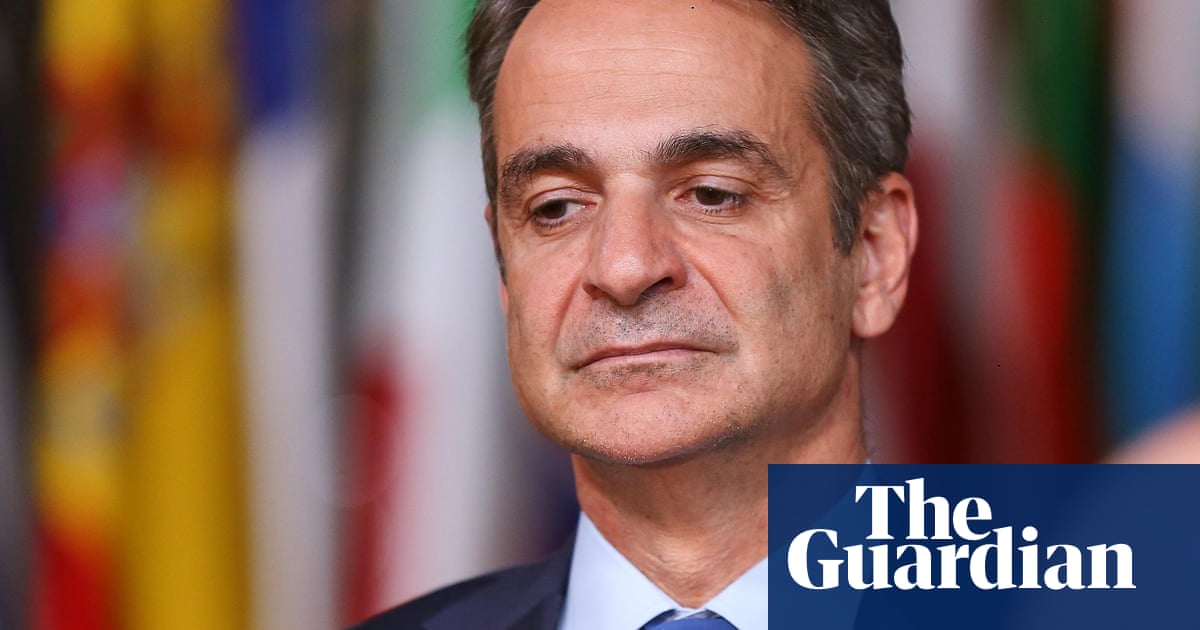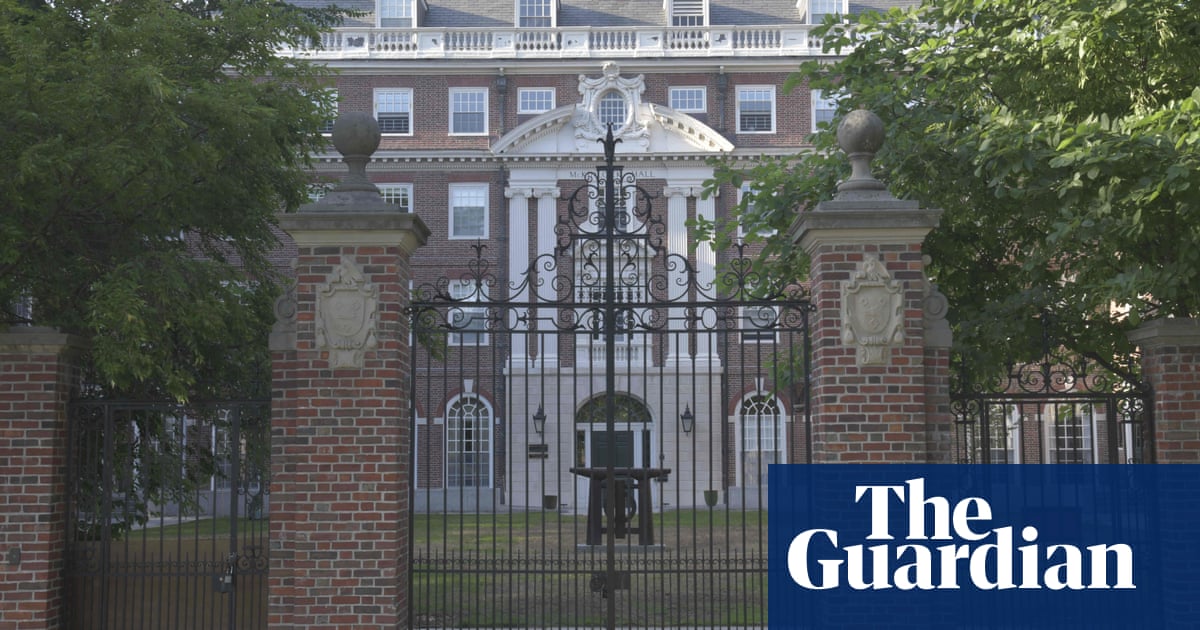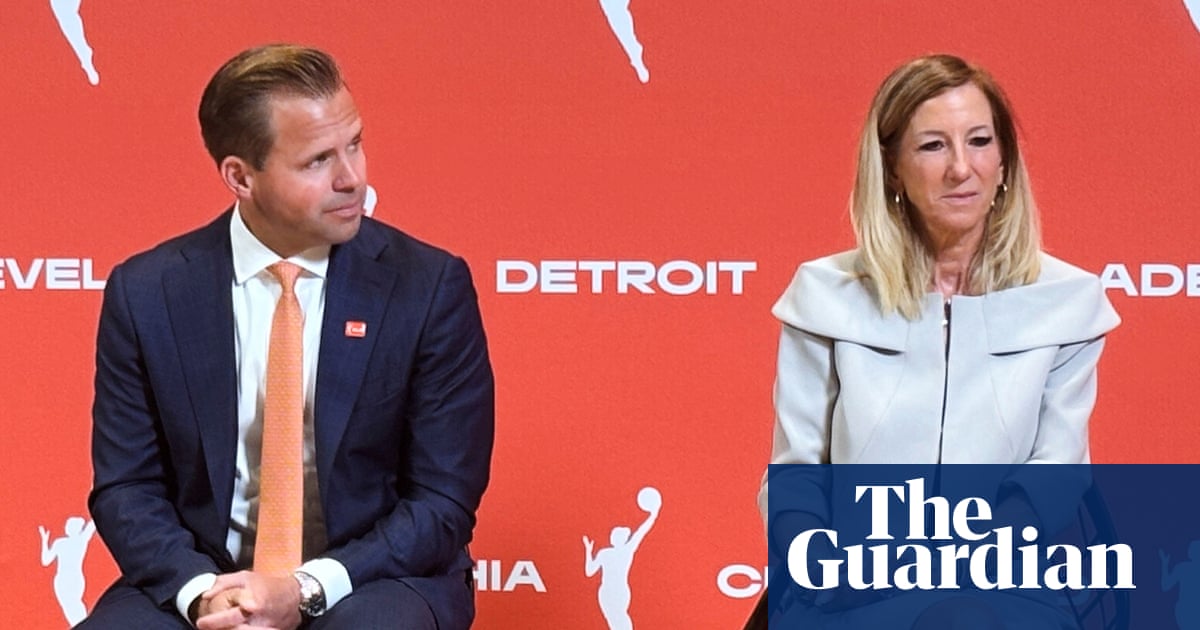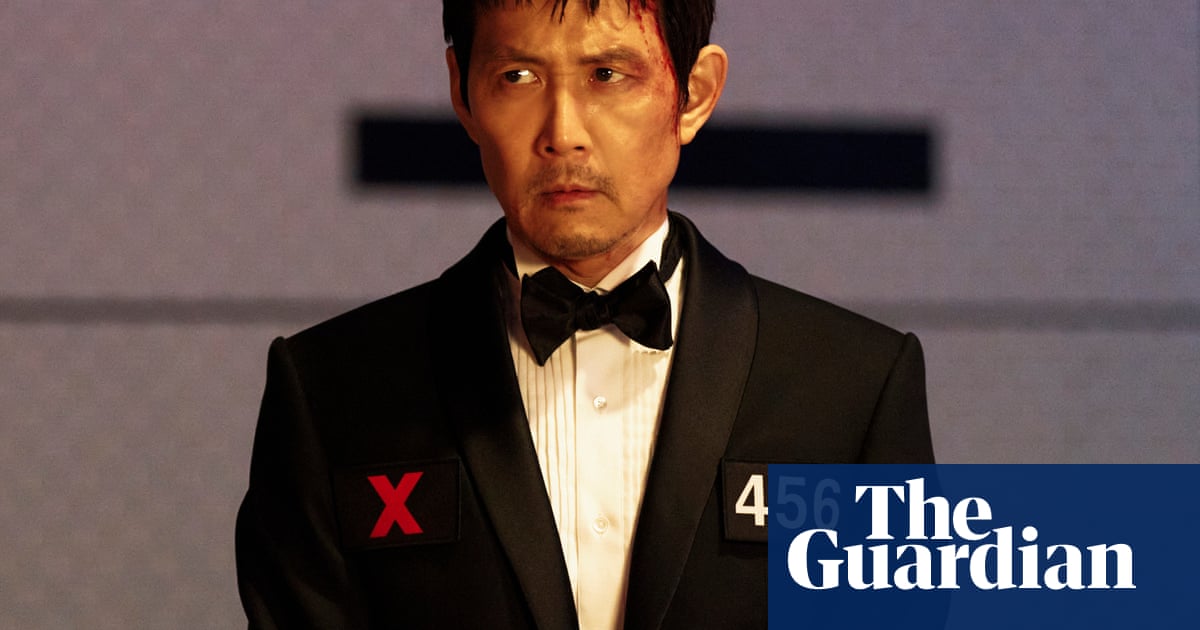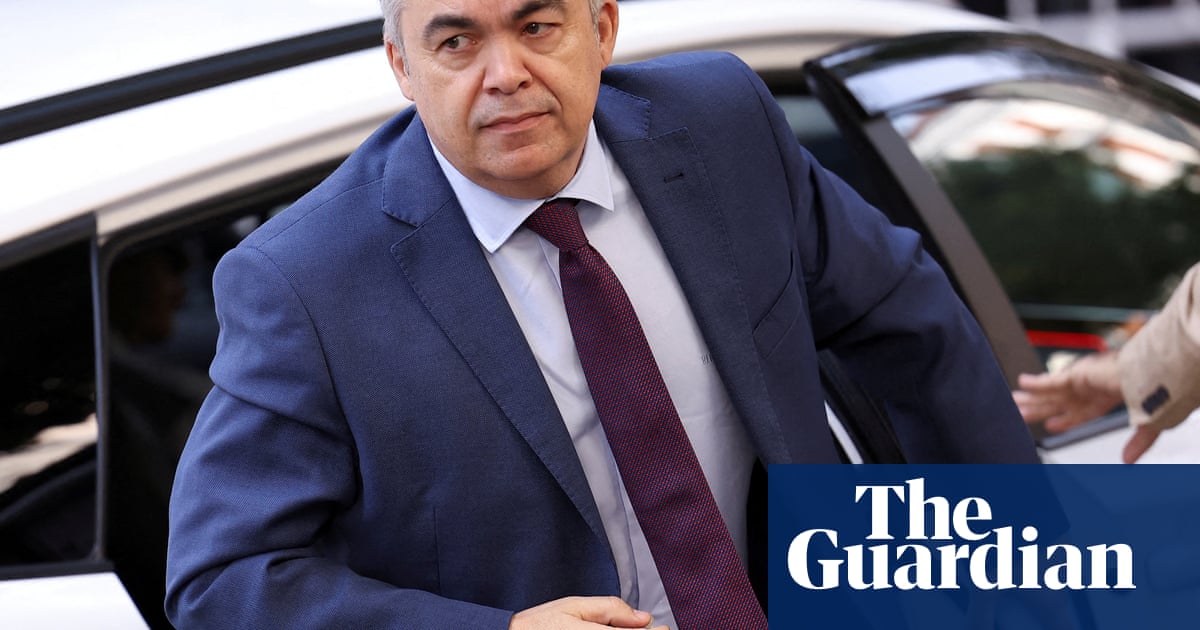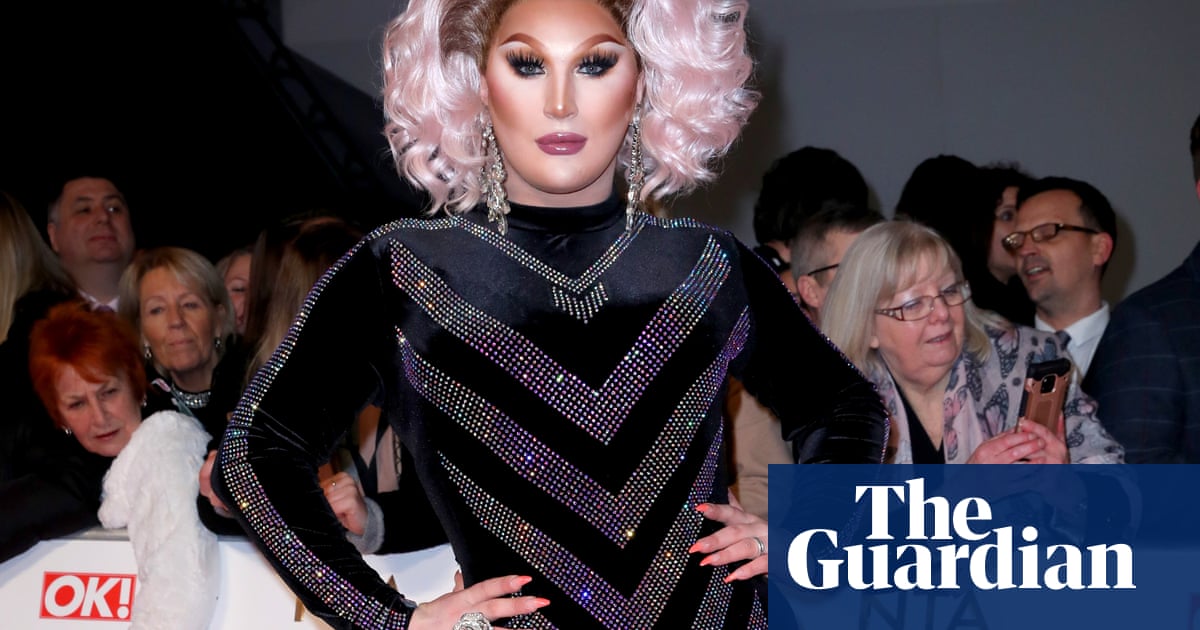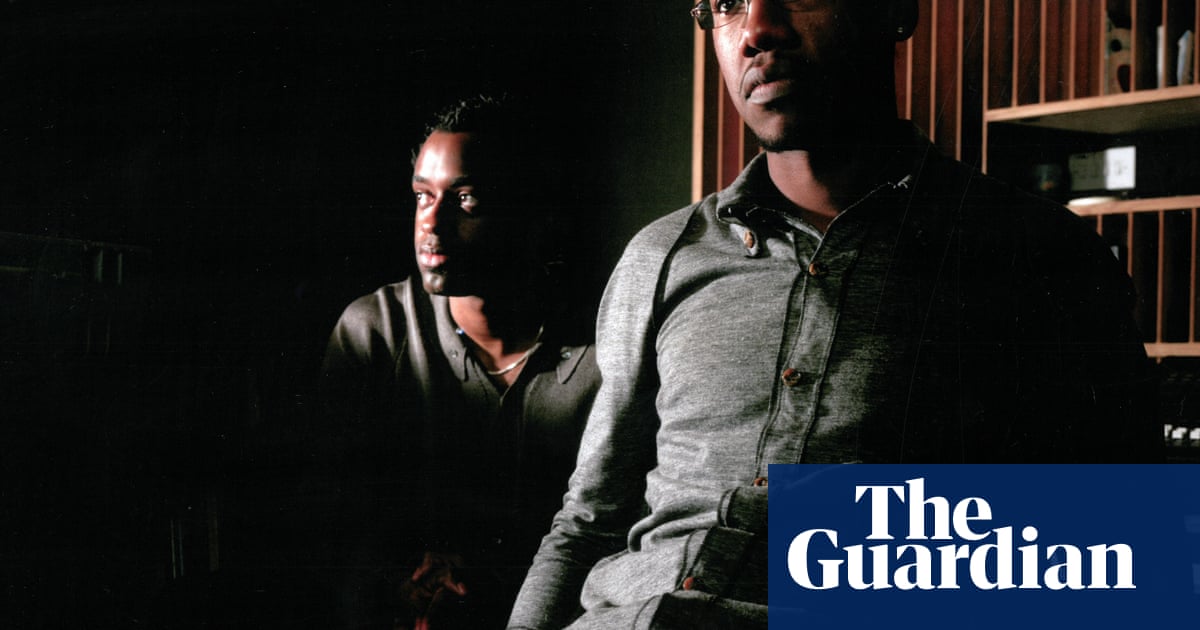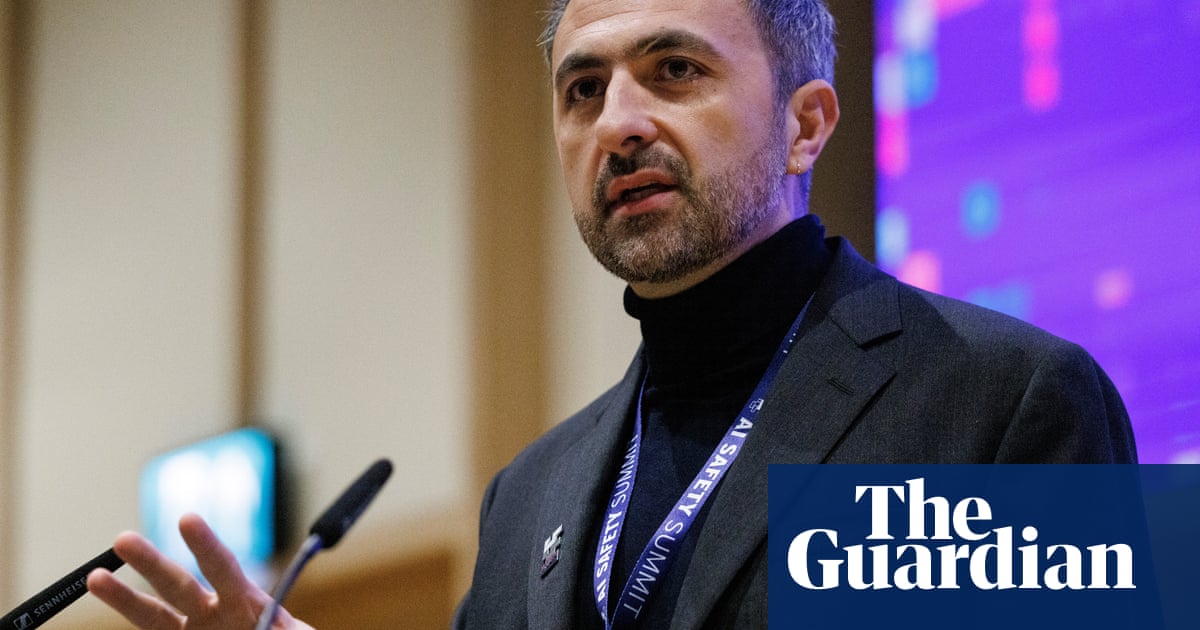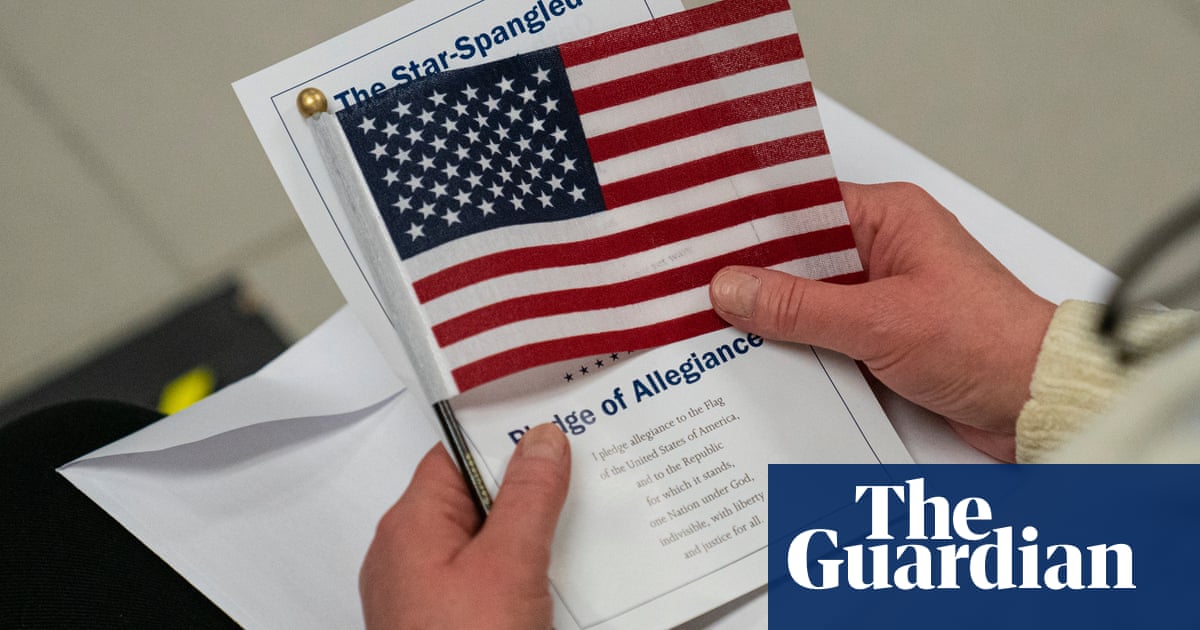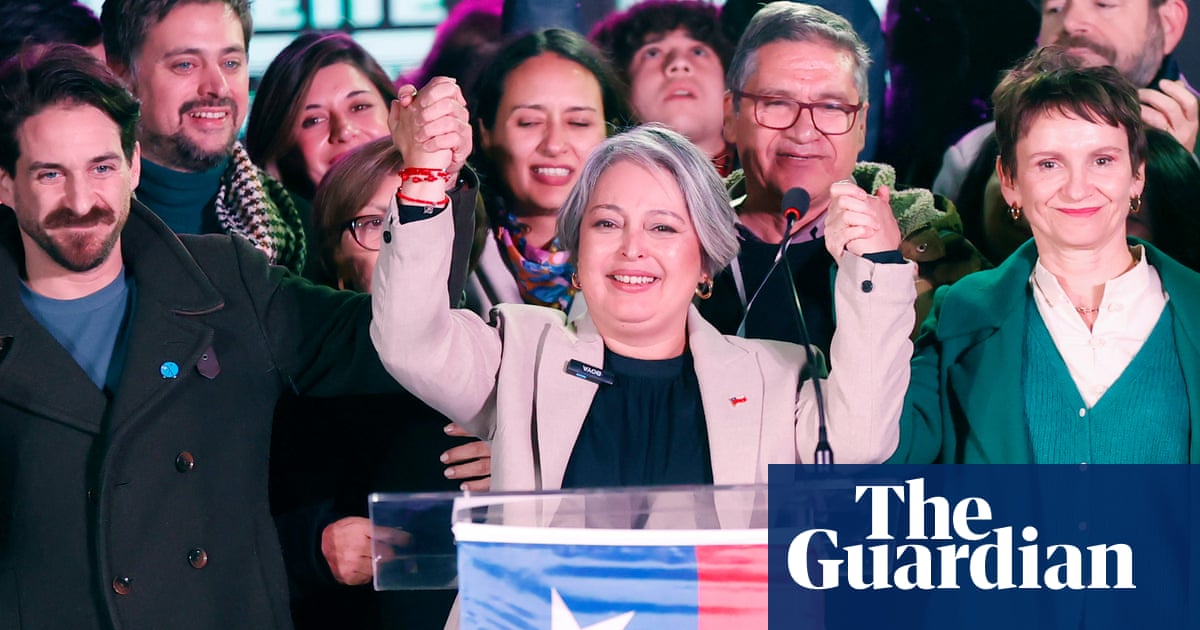Donald Trump’s special envoy, Steve Witkoff, has announced Iran must totally eliminate its nuclear programme, seeming to reverse the policy he had articulated on Fox News only 12 hours earlier that would have allowed Iran to enrich uranium at a low level for civilian use.
The switch to a more hardline policy is likely to make it much harder for the US to reach a negotiated agreement with Tehran, bringing back the threat of an attack on Iran’s nuclear sites.
In a further switch, it was agreed that the next round of indirect US-Iran talks, due to start on Saturday, will continue to be in Oman and the venue would not switch to Italy as proposed by the US.
In a statement posted to social media on Tuesday Witkoff said: “A deal with Iran will only be completed if it is a Trump deal. Any final arrangement must set in place a framework for peace, stability and prosperity in the Middle East – meaning that Iran must stop and eliminate its nuclear enrichment and weaponisation program. It is imperative for the world that we create a tough fair deal that will endure, and that is what President Trump has asked me to do.”
The previous day on Fox News, the special envoy had said “the conversation with the Iranians” would concern uranium enrichment at 3.67 % for civil nuclear purposes.
“In some circumstances they are enriching at 60% and at others at 20%. That cannot be,” he said. “You do not need to run, as they claim, a civil nuclear programme where you are enriching past 3.67%. This is going to be much about verification on the enrichment programme and then ultimately verification on weaponisation – that includes the type of missiles they have stockpiled there and the trigger for a bomb.”
Witkoff’s two positions are hard to reconcile – unless he is trying to distinguish between an interim deal that reduces Iranian uranium enrichment to civilian levels and a final agreement that eliminates its nuclear programme entirely.
It also possible Trump has faced a backlash from Iran hawks who warned that Witkoff’s negotiating stance was largely re-establishing the nuclear deal Barack Obama had agreed with Iran in 2015, from which Trump withdrew the US in 2018 saying it was unenforceable.
Witkoff’s apparent volte face may also be seen as another example of chaotic foreign policymaking, in which the administration battles behind the president’s back and he either does not focus on the policy details or does not understand the choices he is allowing to be made on his behalf.
Witkoff, a man with no diplomatic experience and charged with producing diplomatic breakthroughs in Gaza, Ukraine and Iran, has never tried to portray himself as anything than Trump’s messenger. He would have thought the proposals he aired in the weekend talks in Oman and on Fox News were those of the president.
Iran has repeatedly demanded the right to maintain a civil nuclear programme, meaning the latest iteration of US thinking will cause consternation in Tehran and could strengthen hardliners, who maintain the US cannot be trusted.
A rare consensus had broken out in Tehran that the talks between Witkoff and the Iranian foreign minister, Abbas Araghchi, could result in some US sanctions being lifted as part of the most positive development in relations between Iran and the US in a decade.
The head of the UN nuclear inspectorate, Rafael Grossi, is due to visit Iran this week to see if progress can be made on improving his inspectors’ access to Iran’s nuclear sites.

 2 months ago
48
2 months ago
48
